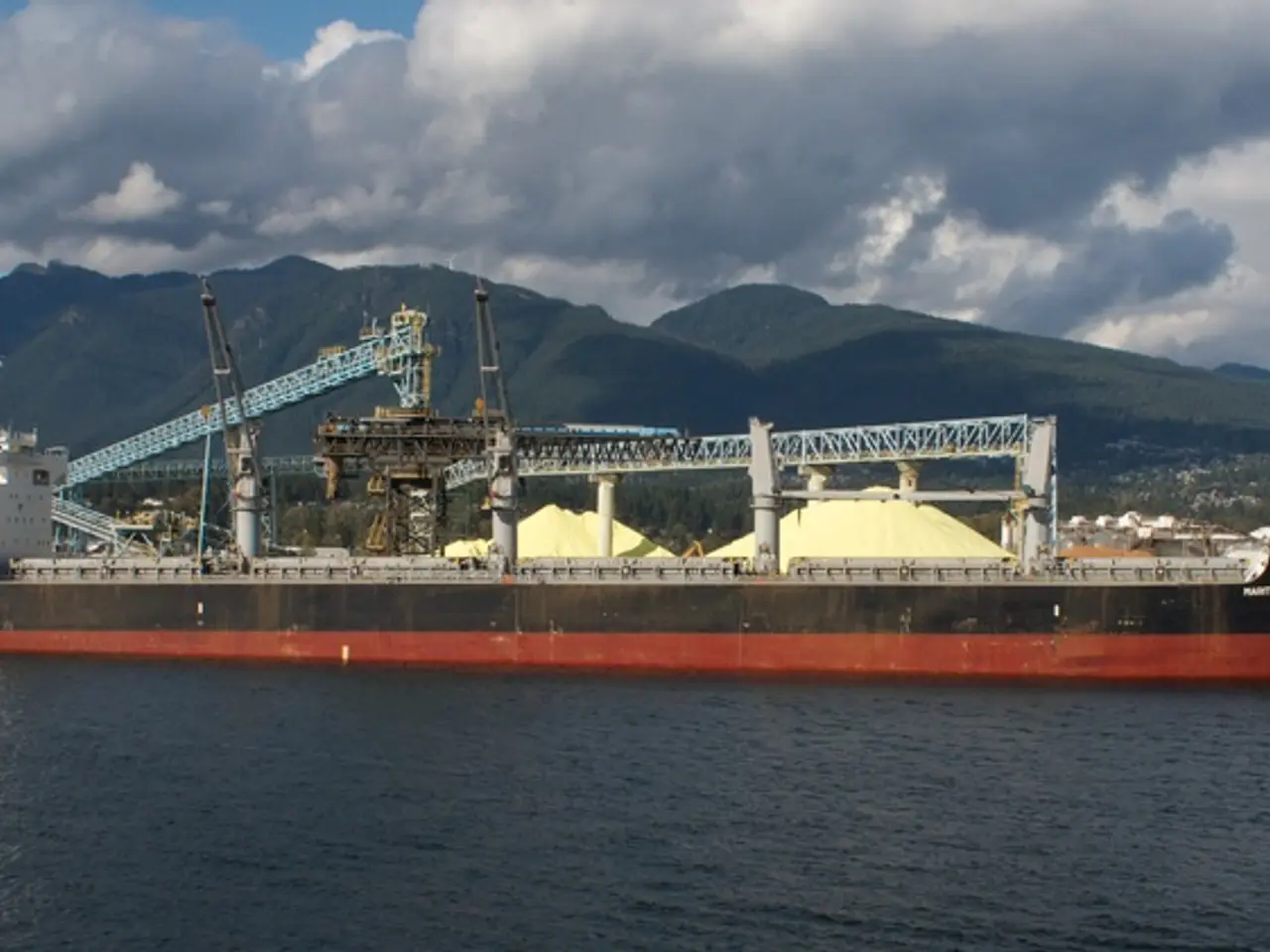Tourists sadly perish in Greece due to intense hurricane-like winds
Gale-Force Winds and Wildfires Disrupt Travel and Cause Evacuations in Greece
Greece is currently experiencing a double crisis, with severe wildfires and gale-force winds causing travel disruptions and evacuations across the country.
The wildfires, fueled by high temperatures and strong winds, are affecting both mainland Greece and popular tourist islands. The Keratea fire, located southeast of Athens, is particularly concerning as it has a seven-kilometer fire front and homes are under threat. Over 200 firefighters are battling the blaze, but the wind gusts are making it a difficult one to control.
The gale-force winds have reached up to 88 kilometers (54 miles) per hour in the southern Aegean and the Sea of Crete. These strong winds have caused significant travel disruptions, including a halt to ferry services at major ports such as Piraeus, Rafina, and Lavrio. Thousands of passengers have been stranded as sailing bans remain in place until the winds subside, with warnings to travelers to check with ferry companies before heading to ports.
The wildfires and strong winds are also impacting transportation and safety in Greece. Travelers are advised to follow local authority guidance, stay updated on weather conditions, and monitor port and airline statuses to avoid disruptions.
Several ferry services have been cancelled and others postponed, leaving hundreds of people waiting outside a ferry bound for Paros and Naxos, hoping for news on a possible departure. The Cephalonia fire, which was earlier placed under control, has not affected maritime connections with the Saronic islands and the Ionian Sea.
The situation has been particularly challenging for tourists like Sergi Gros, a 51-year-old civil servant from Spain, who lost his booking on the island of Astypalea and is now scrambling to find last-minute accommodation in Athens for two nights due to cancelled ferry services. Stranded travellers have formed a huge queue outside a ticket office, making desperate phone calls to rearrange their journeys.
The wildfires are exacerbated by climate change–driven heat waves and have caused concern among travelers and locals alike. The couple who died at sea at the Sarakiniko beach on the tourist island of Milos in Greece were Vietnamese tourists, adding to the tragedy.
The national weather service EMY predicts that the winds will weaken after midnight, offering some hope for a return to normalcy. However, firefighters have already faced several major blazes this summer, including on the islands of Evia and Chios and in the western Peloponnese.
Local mayor Dimitris Loukas stated that the wind is complicating efforts to douse the Keratea blaze from the air. Philip Elias, an American tourist, described the situation as "huge lines, huge commotion, everyone's waiting in the sun and it's a very tough time."
Travelers are urged to exercise caution and follow official advice during this challenging time.
Car accidents in Greece have increased significantly due to the severe weather conditions, with high winds and smoky air from the wildfires causing poor visibility on roads.
General news outlets are reporting a rise in accidents on roads across Greece, as both locals and tourists navigate the challenging travel conditions, exacerbated by the ongoing wildfires and gale-force winds.








